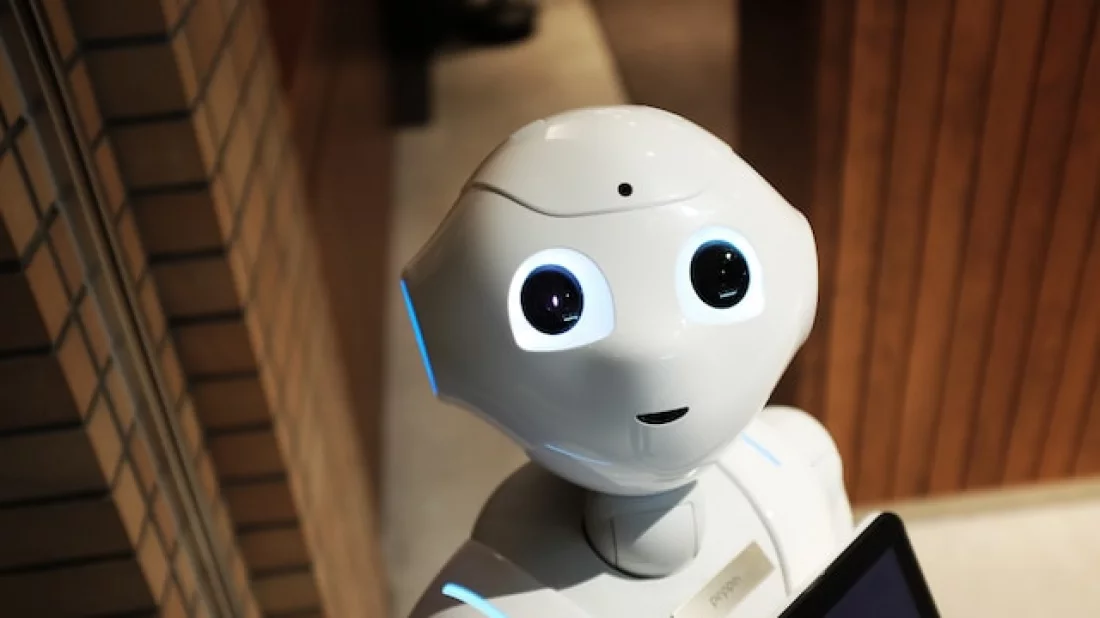12 July, 2023
Making money online
With the rising accessibility of the internet, online platform usage in Bangladesh has been increasing...

While students are using contemporary technology for educational purposes more often, there is rising interest in discovering how artificial intelligence (AI) might be used to enhance learning.
Students are turning to technology as a way of achieving curricular goals as a result of the trend towards experiential education, which places an emphasis on hands-on activities and practical learning which will lead to establish Smart Bangladesh in 2041.
The function that human teachers have historically had in the educational process is one that learners are imagining for themselves as they look to the future. Though they understand the ethical implications and the necessity for human educators to give emotional support and direction in school, some students are voicing reservations about totally replacing instructors.
For instance, the use of AI-powered systems can offer personalized learning experiences tailored to individual student needs. Adaptive learning platforms, such as Knewton, employ AI algorithms to analyze student performance and provide targeted recommendations for improvement.
Similarly, Cognii, an AI-based tutoring platform, offers interactive and adaptive feedback to students, promoting deeper engagement and understanding. Furthermore, the integration of AI in education can enhance accessibility and convenience for learners.
Open educational resources (OER) platforms like OpenAI’s GPT-3 have the potential to provide learners with instant access to vast amounts of information and knowledge. AI chatbots, such as Duolingo’s AI-powered language tutors, enable learners to practice language skills and receive immediate feedback, allowing for self-paced learning.
But in terms of using AI platforms for educational purposes, UNICEF in 2021 developed guidelines for AI aimed specifically at protecting children’s rights and well-being. UNICEF’s focus on AI and children is part of their broader commitment to the principles outlined in the United Nations Convention on the Rights of the Child (UNCRC).
These principles include the right to privacy, protection from harm, access to information, and the right to participate and express their views.
One of Aspire to Innovate’s (a2i) educational products, Konnect (Kishore Batayan), caters to adolescents. The platform Konnect has begun working to deliver the demands of this generation in accordance with their educational requirements.
Therefore, in addition to other activities, Konnect is offering an online session called “Robotainment 2.0” where students may ask questions of specialists in the fields of robotics, artificial intelligence, and other technical fields. An episode on “AI in Education and the Future” was included in this robotics and technology series.
As a result of that experience, students are highly eager to use AI technologies for instructional purposes. One of the learners said: “teachers may now assign such tasks and offer instructions on how to do them using AI technologies. Students might utilize them for their improvement in this way.”
However, several students have lately voiced their opinions regarding the need of keeping instructors in place for teaching and learning. Learners require a human instructor to share their emotional and ethical perspective on education since they are considering some ethical issue.
AI can help the educational system in the near future by improving the learning environment so that students can conveniently access their instructional resources, but it will take some time.
Jaohar Nusrat Bina is a Young Professional, Future of Education, a2i.

12 July, 2023
With the rising accessibility of the internet, online platform usage in Bangladesh has been increasing...

27 June, 2024
One of the key advantages of the ekPay is- it gets rid of the need...

27 March, 2023
a2i catalyses experimentation and public-private partnerships applying a gender lens to unlock new services and...